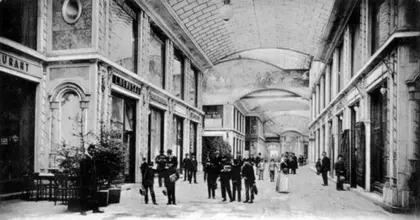In the heart of Lviv, Ukraine, a timeless legacy was born in 1842 when the Mikolasch family laid the foundation for what would become the world's oldest vodka brand. This article unravels the rich tapestry of Mikolasch, exploring its roots, innovations, challenges, and the enduring mark it left on the global spirits landscape.
The Birth and Rise of Mikolasch
JOIN US ON TELEGRAM
Follow our coverage of the war on the @Kyivpost_official.
The Mikolasch journey began with Juliusz Mikolasch, scion of the esteemed Mikolasch family. Born in the late 1830s into a family renowned for its pharmaceutical prowess, Juliusz deviated from the family's medicinal roots to delve into the world of alcohol production. In 1842, he officially launched Mikolasch Vodka, setting the stage for a brand that would transcend time and borders.
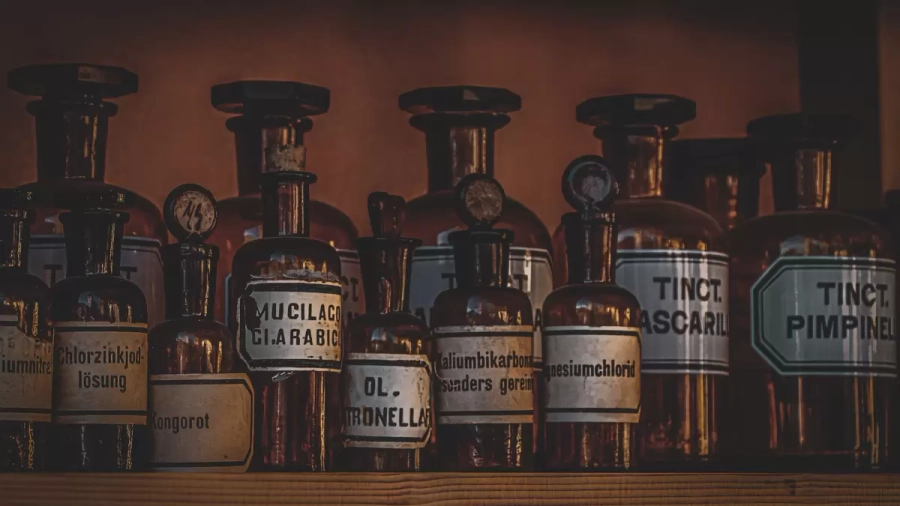
Juliusz, alongside his brother Karol, harnessed the abundant grain resources of Lviv, turning the region's agricultural abundance into a thriving spirits industry. Their commitment to distillation excellence and experimentation with local Ukrainian grains set Mikolasch apart, earning it accolades not only from Tsars but also the endorsement of Popes.
Innovation and Distinction
The Mikolasch success story lies in its unwavering commitment to innovation. Juliusz Mikolasch, recognizing the significance of soil types and territories, pioneered the exploration of "terroir" in spirits, selecting unique grain varieties and embracing diverse seasonalities. This commitment to quality and experimentation elevated Mikolasch vodka to global acclaim.
The brand's groundbreaking distillation practices, including the exclusion of essential oils, further solidified its position as a trailblazer. As seasons changed in Lviv, so did Mikolasch's offerings, reflecting a deep connection to the essence of each harvest. This approach not only set the brand apart but also marked a strategic marketing move, creating a portfolio of vodkas that showcased the unique characteristics of the region throughout the year.
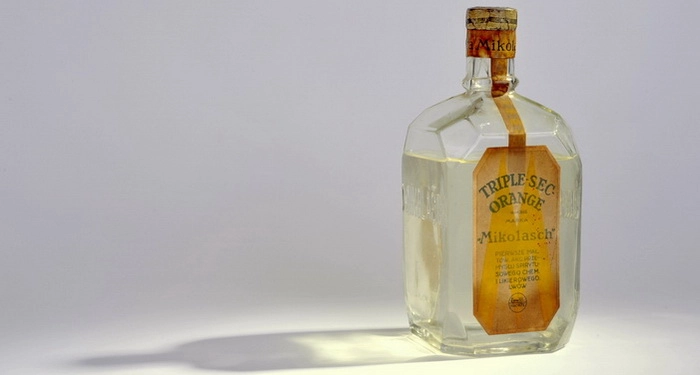
The Golden Era and Global Expansion
Mikolasch reached its zenith in the late 19th century, gaining international acclaim at exhibitions in Lviv and Paris. Renowned writer Agathon Hiller chronicled the opulence of the Mikolasch Factory, its crystal bottles adorned with gold inscriptions housing spirits that stood out for their superior quality.
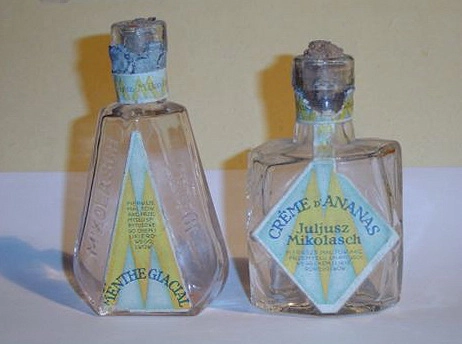
In the early 20th century, Mikolasch underwent partial ownership changes, with Jacob Sprecher leading the transformation into a joint-stock company. The brand continued to thrive, acquiring additional distilleries and expanding its core production area. The strategic location near a railway station provided a competitive edge, enabling efficient transportation of raw materials and finished products.
Innovation and Resilience Amidst Challenges
Mikolasch faced challenges during Poland's anti-alcohol laws in 1920, adapting its strategies to navigate the changing landscape. The end of Prohibition in the United States in 1933 opened new opportunities, and Mikolasch products entered the lucrative U.S. market, showcasing refined and elegant bottle designs that set new industry standards.
Innovation remained a hallmark of Mikolasch, not only in its distillation methods but also in embracing unconventional bottle designs. The company's commitment to quality, local grains, and sustainability practices, including the early adoption of crude oil for heating, further solidified its global reputation.
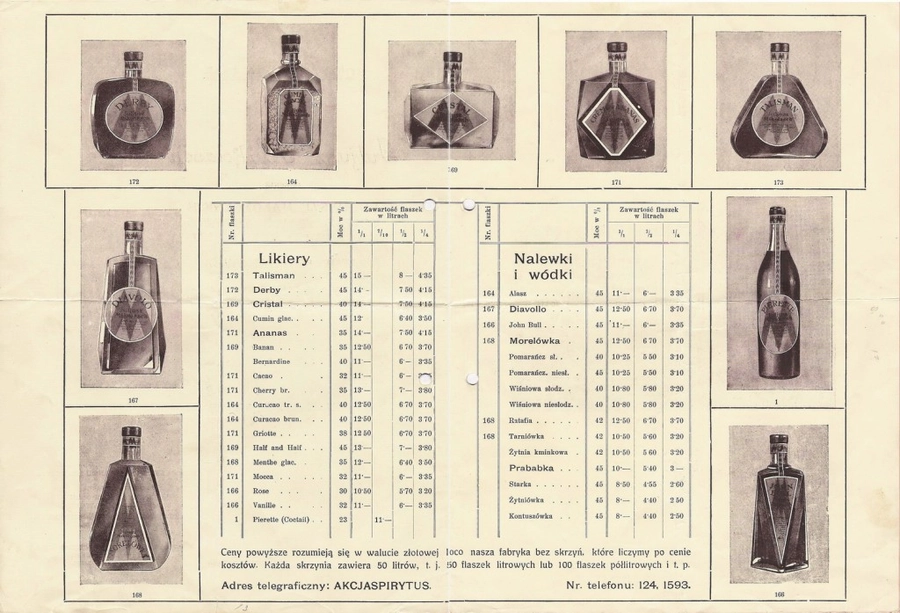
Enduring Legacy
Like many enterprises in Lviv, Mikolasch faced challenges during World War II when the communist regime nationalized spirits factories, marking the end of the family's initial business phase. Despite this decline, the Mikolasch legacy endures, remembered for its contributions to the spirits industry and its indomitable spirit of innovation.
The Mikolasch saga is a testament to the intersection of tradition, innovation, and a deep appreciation for the local terroir. From its humble beginnings in 1842 to navigating challenges and embracing global markets, Mikolasch today remains a symbol of resilience, creativity, and a commitment to crafting spirits that transcend time and borders. We admire the fact that this spirited journey through history continues today.
You can also highlight the text and press Ctrl + Enter


